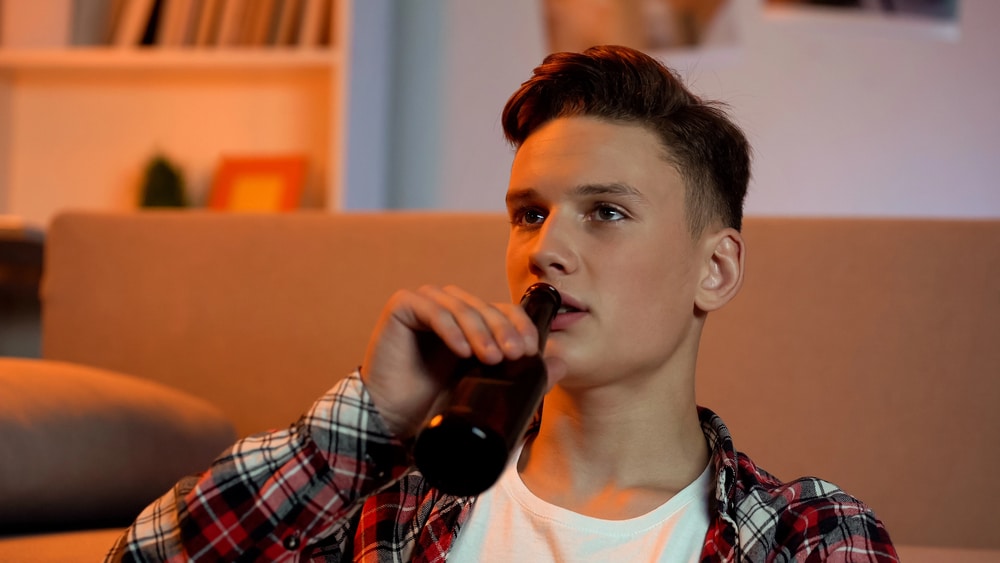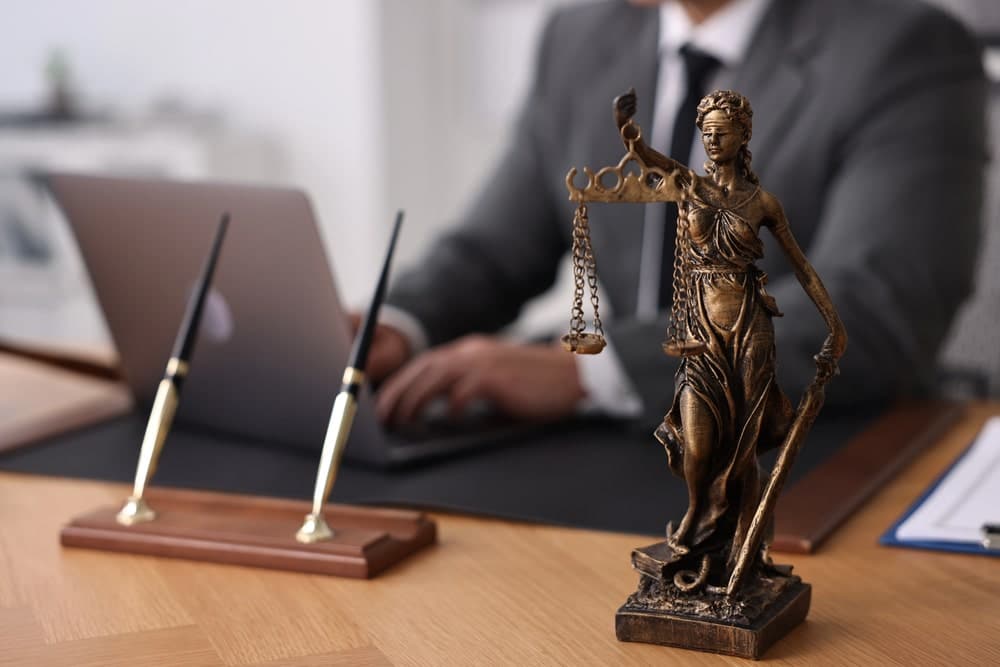A single decision involving alcohol can turn into a legal crisis for a minor in Florida. An underage drinking charge does not disappear easily, and it can lead to criminal penalties, school discipline, lost athletic eligibility, and serious damage to college or career plans. That is why understanding underage drinking laws in Florida is essential for every parent and student.
What many families do not realize is that parents can also face criminal charges for allowing or providing alcohol to minors, even inside their own home. Law enforcement takes these cases seriously, and prosecutors often push for strict penalties. Florida law holds both teens and adults responsible when alcohol puts safety at risk.
This guide explains how state statutes treat underage possession, consumption, and fake ID cases. It also covers penalties, license suspensions, school consequences, and parental liability. Most importantly, it outlines legal options and how an experienced Gainesville criminal defense lawyer can protect a young person’s future after an alcohol-related charge.

Core Underage Drinking Laws in Florida
Possession or Consumption by a Minor (F.S. 562.111)
Anyone under 21 who drinks or possesses alcohol violates Florida law. This rule applies in both public and private places unless the alcohol is handled for lawful work duties. A minor can be charged for direct possession or constructive possession if they know alcohol is nearby and accessible.
Providing or Serving Alcohol to Minors (F.S. 562.11)
It is illegal to sell, serve, or provide alcohol to anyone under 21. Misrepresenting age or using a fake ID to buy alcohol is also a crime. Offenders face fines, jail, and possible civil liability if a minor is injured.
Open House Party Law (F.S. 856.015)
Open House Party Law also holds adults accountable when minors drink alcohol in their home. A violation occurs when the adult knows underage drinking is happening and fails to take reasonable steps to stop it. This charge commonly arises from house parties and is often defended by Gainesville criminal defense attorneys.
Penalties and License Consequences in Florida
Underage alcohol charges in Florida carry serious consequences that increase with each offense. Courts treat these cases strictly, and even a first violation can result in a criminal record. Understanding the penalties is essential for building a strong defense.
Criminal Penalties for Minors
A first offense for underage possession or alcohol consumption is a second-degree misdemeanor, punishable by:
- Up to 60 days in jail
- A fine of up to $500
Repeat offenses become first-degree misdemeanors and may include:
- Up to 1 year in jail
- Fines up to $1,000
- Court-ordered probation or community service
Driver’s License Consequences
Even without a conviction, Florida imposes strict license penalties under F.S. 322.056:
- 6–12 month suspension for minors convicted of alcohol violations
- Administrative suspension at 0.02% BAC under zero-tolerance rules
- 1-year suspension for refusing a breath test
Parent Liability
Parents may also face civil claims if they allow underage drinking. Legal guidance can help protect families from lifelong consequences.

Fake ID and Misrepresentation Charges in Florida
Use of Fake Identification
Using or possessing a fake ID to buy alcohol is a crime under Florida law. Even simply presenting a forged ID is a misdemeanor, while altering or manufacturing identification can result in felony charges. Beyond criminal penalties, students may face school discipline, including suspension or loss of scholarships and athletic eligibility, even if the court issues a light sentence.
Misrepresentation of Age
Florida law also prohibits using someone else’s ID, borrowing a license, or lying about age to obtain alcohol. These charges can create a permanent criminal record unless later expunged. Police often uncover fake ID violations during traffic stops, DUI arrests, or party investigations in Gainesville and other college areas.
Immediate Steps if Your Child Is Cited or Arrested
Stay Calm and Act Quickly
Parents must stay calm and avoid arguing with officers at the scene because emotional reactions can make the situation worse. Do not allow your child to make statements or admit guilt, as anything said can be used later in court. In the first few minutes, make sure to:
- Collect all documents from police, including the citation or court summons
- Note any license suspension notices
- Avoid posting online about the incident, as it may be used against your child later
Contact a Defense Attorney
Once immediate safety is handled, the next step is contacting an attorney. Early legal guidance is critical in an underage alcohol case because a Gainesville criminal defense attorney can:
- Challenge the citation or evidence if it was obtained improperly
- Protect your child’s criminal and academic record
- Request a formal review hearing to fight license suspension
Gather Supporting Evidence
Building a defense begins quickly, so start gathering proof right away. Strong evidence can protect your child against unfair or exaggerated charges. Preserve:
- Photos, videos, or messages that show no alcohol possession or intent
- Names and contact information of witnesses
- Receipts or timelines that verify whereabouts at the time of the incident
- Proof of school enrollment or community involvement for diversion eligibility

How Lawyers Defend Underage Drinking Cases
Common Defense Strategies
Defending underage drinking charges begins with analyzing the facts and procedures used by law enforcement. Attorneys may argue a lack of possession by showing the minor had no control over the alcohol or did not know it was present. They also challenge illegal searches, unreliable breath testing, or mistaken identity, especially when a Florida student is arrested in a crowded party setting.
Protecting Long-Term Consequences
Defense strategies also focus on minimizing the long-term impact of a charge. Attorneys often negotiate diversion programs or counseling agreements to avoid a formal conviction. These outcomes help preserve academic eligibility and allow for expungement, so one mistake does not follow a young person for life.
Legal Advocacy Matters
Strong legal guidance protects more than just a courtroom result. Proper defense reduces risks to education, scholarships, employment, housing, and professional licensing. Lawyers also guide families through each step, reducing confusion during a stressful process.
Conclusion
Florida’s underage drinking laws can lead to fines, probation, license suspension, and even a permanent criminal record. A student charged with alcohol possession or fake ID use may also face school discipline, scholarship loss, and long-term damage to future opportunities.
Taking fast legal action is the best way to protect a young person’s record and future. Early guidance from a Gainesville underage drinking defense lawyer helps prevent mistakes, secure diversion options, and reduce penalties before they become permanent.
At Turner O’Connor Kozlowski, we understand how stressful it is when your child faces an underage drinking charge. Our legal team knows Florida’s alcohol laws and the impact a conviction can have on education, scholarships, and future opportunities. Contact us today at (352) 914-3788 to speak with a Gainesville criminal defense attorney. Protect your child’s future and take the first step toward a strong defense now.
